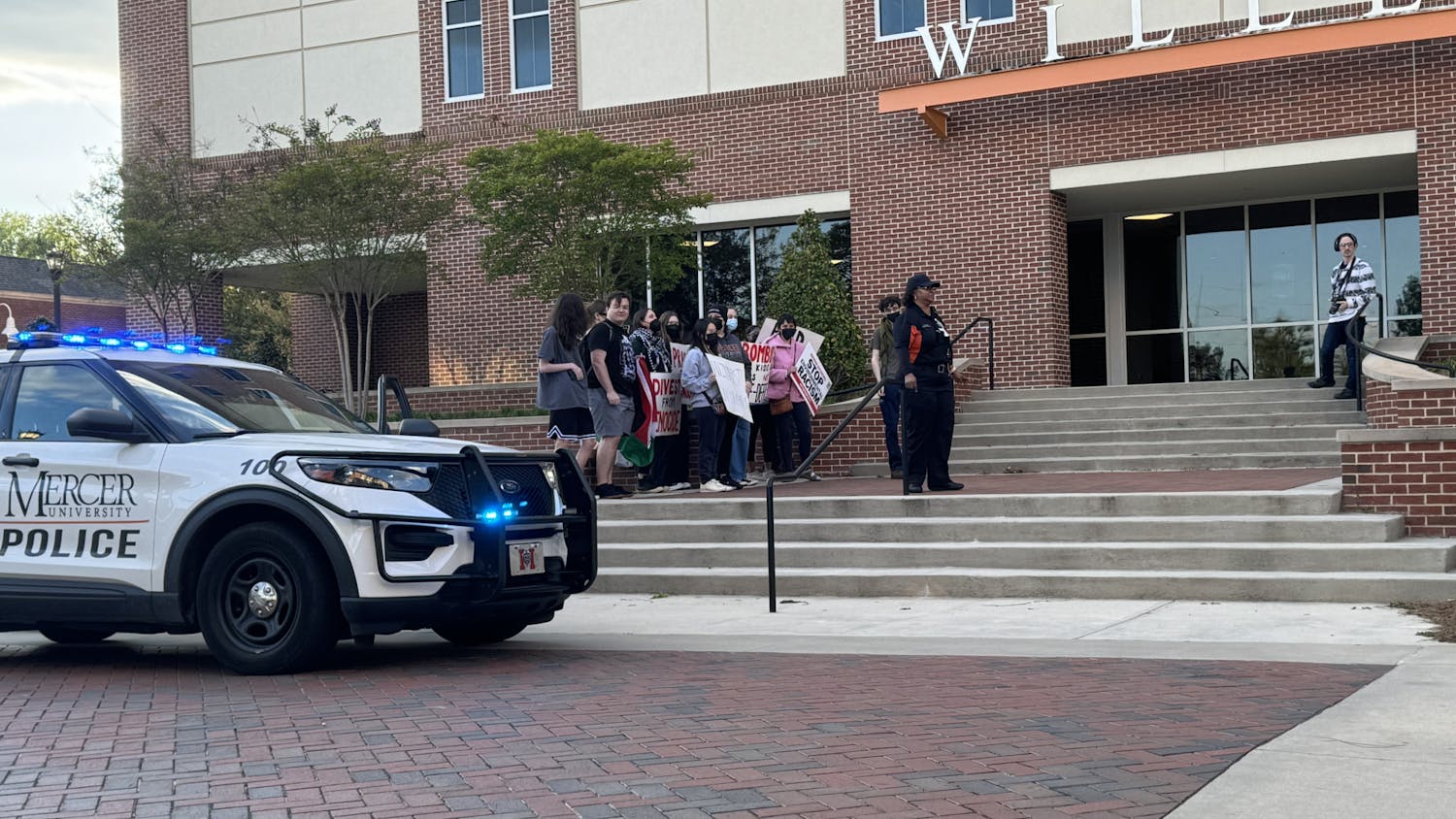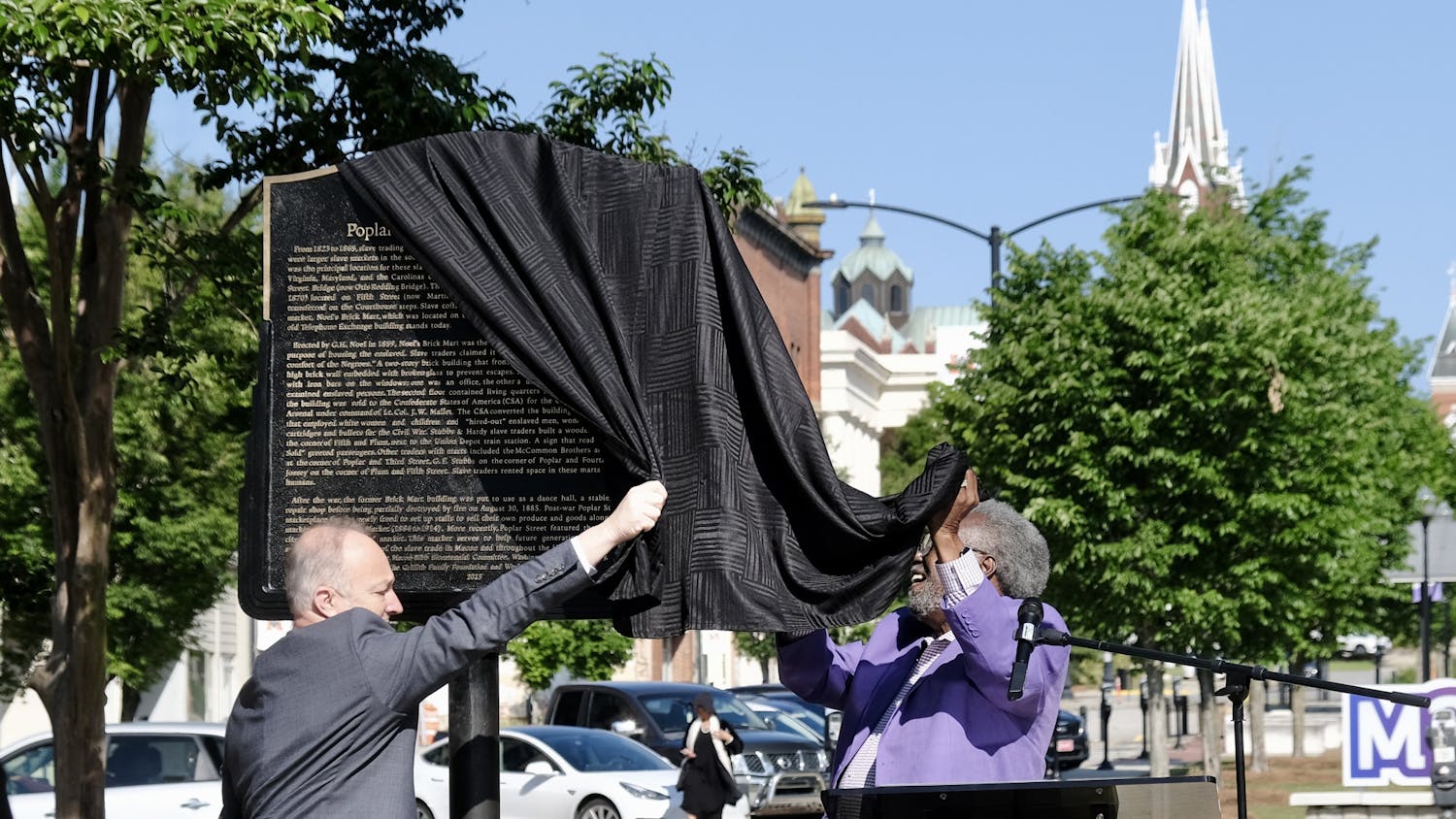Voter suppression is a political strategy used by candidates to prevent the supporters of their opponents from voting. Since The Voting Rights Act of 1965 made the more transparent methods like poll tax and Jim Crow illegal, candidates have gotten more creative about discouraging opposing voters.
This summer, the Elections Division of the Georgia Secretary of State’s office canceled the registration of almost 600,000 voters across the state, on the grounds that they had not been active voters in the past three years, according to the Atlanta Journal Constitution.
Georgia legislators also tried to pass a bill that would cut early voting on Sunday and limit regular poll hours in Atlanta. The bill failed when they neglected to vote on it during their last session.
Had it passed, the bill might have limited the impact of many white collar voters, since the majority are only able to vote on Sunday. Shortening the voting hours of Atlanta, a left-leaning city with a high population, would’ve been a loss for the Democratic minority in Georgia.
In a globalized, wireless world, there are new threats to our democracy coming from overseas. American voting machines were hacked by the Russians during the 2016 election, but that attack started smaller.
Russia intercepting phone calls or performing surveillance on the United States wasn’t anything out of the ordinary, according to former White House Staff Member Ben Rhodes. It was that Russia released those private phone calls and emails to the public.
Those leaks, as well as the social media bots that spread fake news may have been attempts to sway the 2016 election, but what really disenfranchised voters during and after was the attack on voting machines.
“If you go in to vote, and you are no longer confident that the vote that you put in is the way it's going to get recorded because you don't know if the Russians or someone else have gotten into the voting system, that undercuts your trust in the democratic process,” White House Correspondent David Sanger said. Sanger is a Pulitzer Prize-winning journalist with 30 years of experience at the New York Times.
Georgia Secretary of State and gubernatorial candidate Brian Kemp refused federal help to secure voting machines in 2016.
"The chaos of switching to a completely different voting system this close to an election would cause inconvenience, voter confusion and potentially suppressed turn-out," Kemp said.
Georgia is one of only four states to use electronic voting machines with no verified paper trail, according to Verified Voters.
Kemp is currently being sued for allowing a security breach that made the information of 6 million voters available online, according to a report by CNN. He has also not stepped down from his position as Georgia’s Secretary of State, despite overseeing the department that runs the state’s elections, and was responsible for canceling the registration of over half a million voters.
Above all cyber security threats and laws, modern voter suppression at its core relies on voters feeling like their voices don’t matter. College-aged voters are among the lowest numbers for voter turnout.
Less than 50 percent of voters ages 18 to 24 voted in 2016, compared to over 70 percent for ages 60 and up, according to the United States Election Project. Millennials now rival baby boomers in population of eligible voters, but millennials are not voting at the percentage that their parent generation is, according to the Pew Research Center.
Tip: You can check to see if you’re registered to vote at registertovote.sos.ga.gov. If you’re not, try registering to vote here at usa.gov/register-to-vote.
This article has been updated to reflect the print publication. An earlier version included a spelling error and an additional paragraph about college-aged voting.
A Need to Know Basis: Voter Suppression

Graphic designed by Marianna Bacallao.




